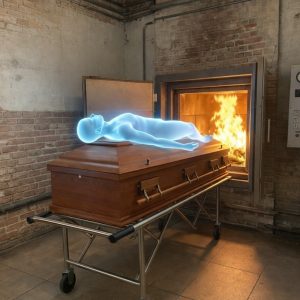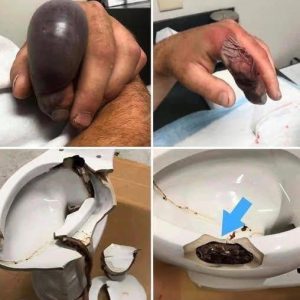I nearly died giving birth to my daughter. Eighteen hours of labor, alarms blaring, a doctor shouting, “We need to get this baby out now”—then nothing. Just blackness. I came back to my husband’s voice: “Stay with me, Julia. I can’t do this without you.”
When I woke, Ryan looked shattered. “She’s here,” he whispered. “She’s perfect.” A nurse placed Lily in my arms. I asked if he wanted to hold her. He nodded, then handed her back too fast. “She’s beautiful,” he said, but something in his voice felt off.
At home, it deepened. He fed her and changed her, but barely looked at her. He avoided the camera during newborn photos, and soon started disappearing late at night.
“Couldn’t sleep,” he’d say. “Went for a drive.”
One night, I followed him—to a community center called Hope Recovery. Through an open window, I heard him in a circle of chairs: “Every time I look at my daughter, I’m back in that room, thinking I’m losing my wife. I’m afraid if I love them fully, I’ll lose everything.”
He was grieving, too—alone.
The next day, I called the center. They had a partner group. I went. Eight women, same hollow expression. We talked about how trauma affects both parents differently, how distance can be a defense. The leader said, “Couples can come through this stronger.”
That night, I told Ryan I’d followed him. “You don’t have to carry this alone,” I said.
Now, we’re in counseling. He still goes to group. So do I. Every morning, he holds Lily close and looks at her—really sees her. The nightmares come less often. And when they do, we face them together.
Our first chapter wasn’t easy. But what comes after is full of light.





